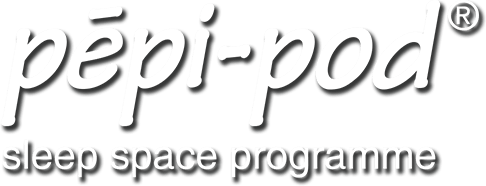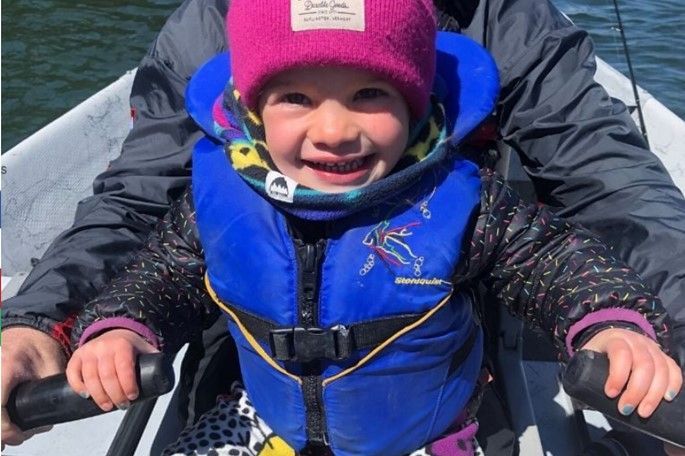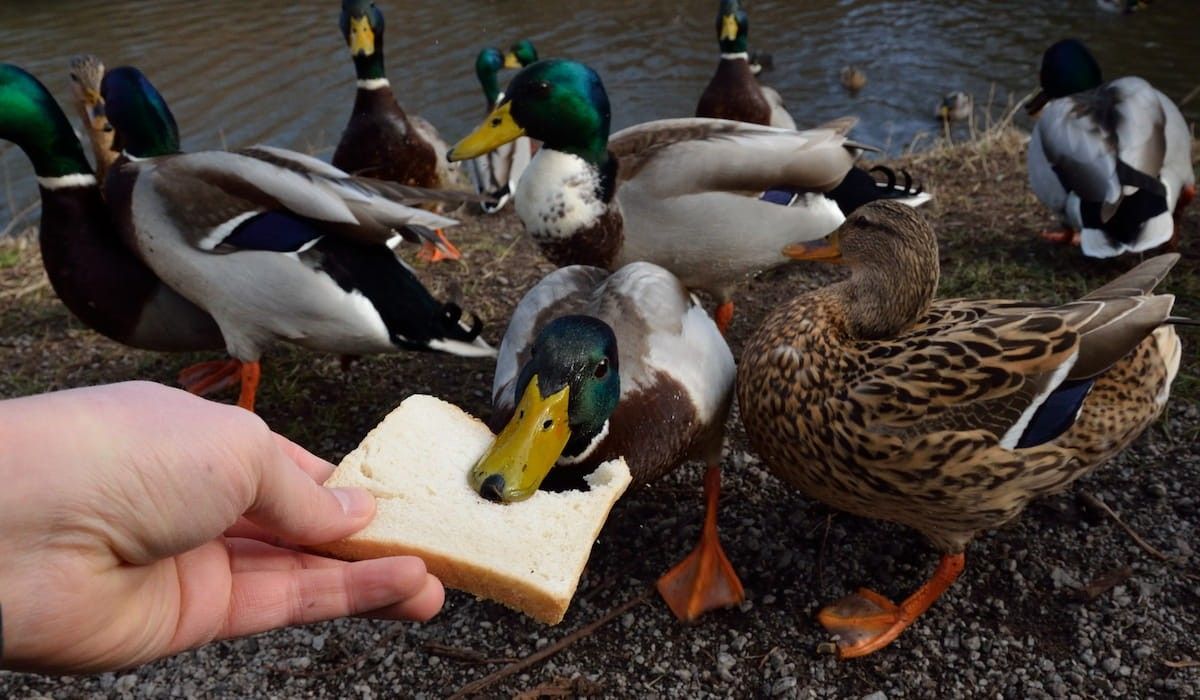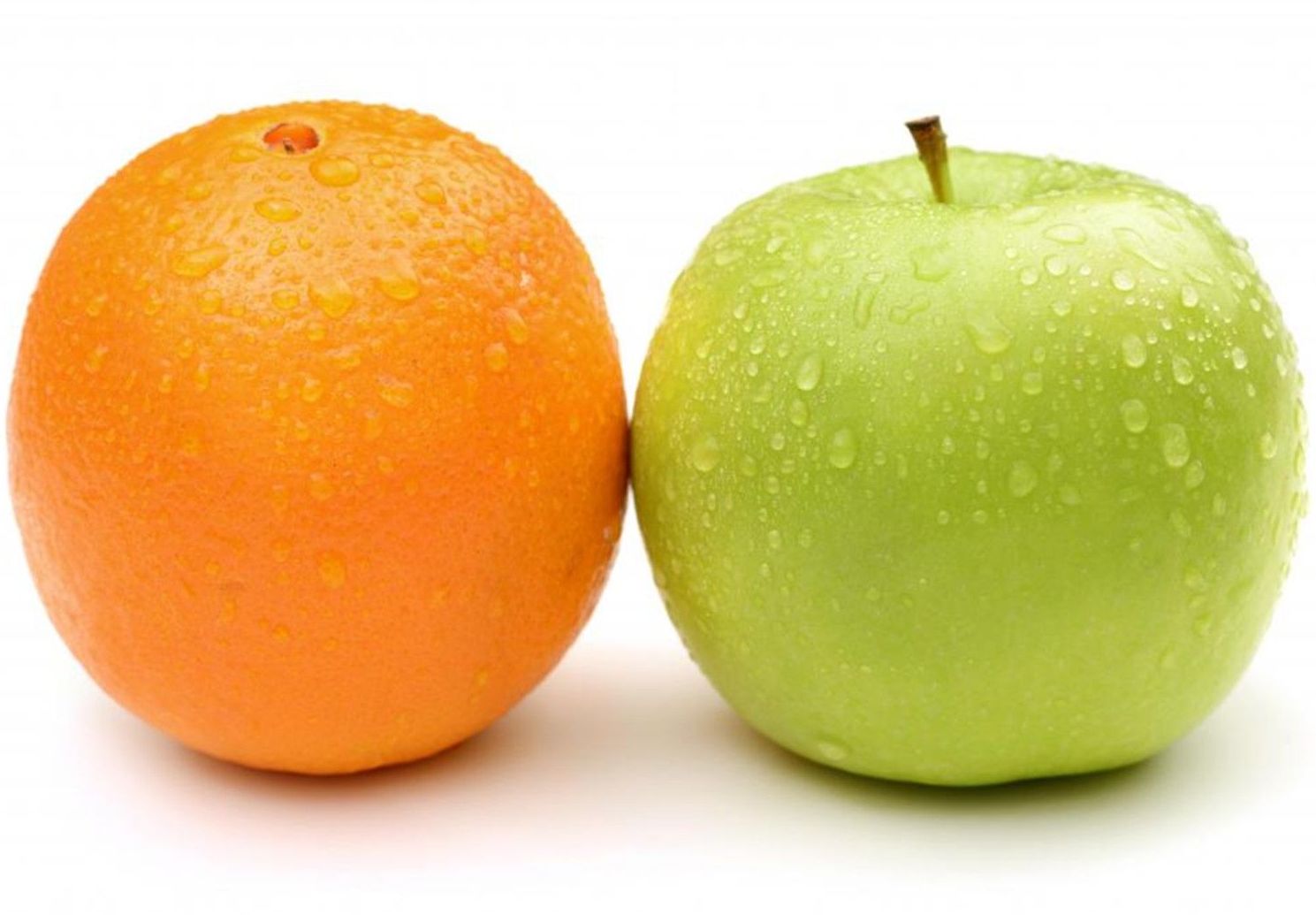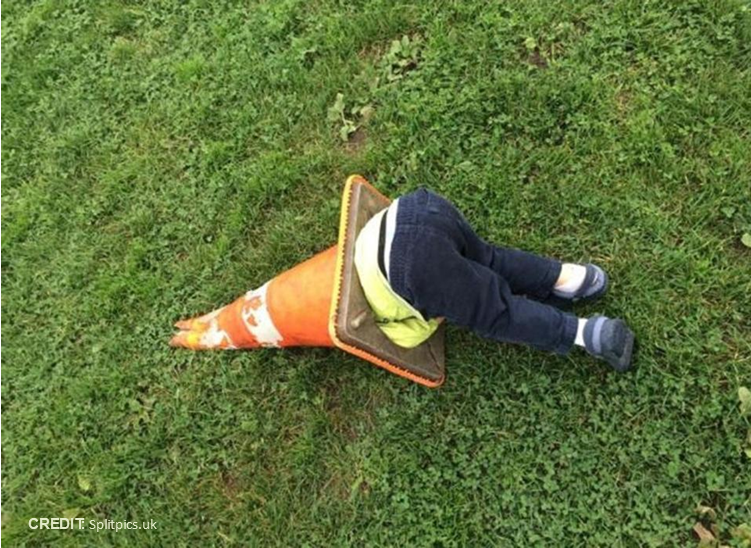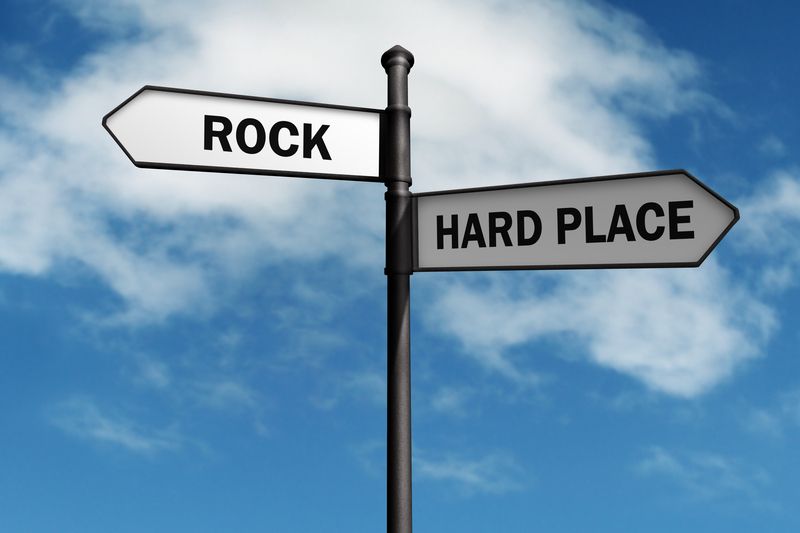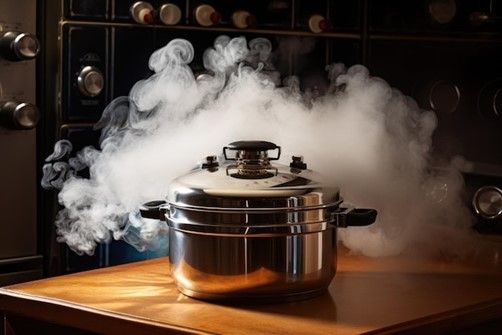Pod Talk
a communiqué for connecting all involved in the Pēpi-Pod® programme
by Stephanie Cowan
What life jackets, hands, seat belts, umbrellas and crutches have in common with Pēpi-Pod and wahakura
Tēnā koutou
During periods of vulnerability most people take extra care. On the water we don a life jacket, during Covid, a mask. In a car or plane we buckle-up. When it rains we put up an umbrella. If we break a leg, we lean on the support of a crutch. We hold a child's hand when near hazards.
The period of vulnerability is usually time-limited, and while the 'extra care' may sometimes be inconvenient, annoying even, we tolerate it because it is not forever. The boat trip ends. The plane lands. The sun comes out. The leg heals. Some of us, or sometimes, though, we don't take that extra care, or not for long enough. We weigh things up and accept some risk, believing that 'she'll be right'. And usually 'she' is, but sometimes 'she' is not.
In the same way that life-jackets, seat-belts, masks, hands, umbrellas and crutches are tools for managing vulnerable periods in life, so too are Pēpi-Pod and wahakura. They are extra care for babies who carry an extra burden of SUDI risk. The simple little baby beds offer sanctuary from that extra risk during a period of developmental vulnerability - the first 4 months. However, this period is not as short-term as a flight, a rain shower, or a boat trip.
There are an estimated 600 or more individual sleep events that need that 'extra care', spread over 120 or so days. We may protect some of those sleeps, most of them even, but perhaps not all of them? We may become reinforced in our decision to accept some risk when nothing bad has happened from an occasional lapse - yet. For example, if a mother falls asleep feeding her baby, and nothing 'bad' happened, then she may feel less concern and more confident to continue sleeping with her baby, and use the 'extra care' sleep space less or not at all. The looming possible tragedy is hidden from her.
Since September 2023, I have received 5 Coroner reports that are the stimuli for this post. They describe the context of death for 5 children, three aged 5 weeks and two aged 9 weeks. All five carried that extra burden of risk. All five slept in a Pēpi-Pod or wahakura in their early days. All five were found lifeless, sleeping not in their sleep space, but beside a sleeping carer, two on a couch and three in an adult bed. One distraught mother repeatedly said 'sorry' over the phone to her midwife for not putting her baby in the Pēpi-Pod that sleep. What a cruel way to learn about vulnerability and protection.
How can the loss of these children and the anguish of their families change something in us? How do we enable appropriate concern in parents (not fear) about the escalating hazard from 'young baby + smoking in pregnancy + bed-sharing'? This is the 'triple risk' scenario. Feeling appropriate concern is essential to taking 'extra care' throughout the length of the vulnerable period. Fear, on the other hand is likely to cause resistance; is not helpful.
This recent article about sleep-related decision-making by parents of more vulnerable babies, reported that, in order to acknowledge and plan for risk situations "parents valued credible, trusted sources, and understanding how and when safer sleep practices protect babies.' They want to know! And they want it personalised for their baby.
As best you can, your conversations with parents need to leave families enabled. That means parents:
- feel concern about accidental suffocation during sleep,
- believe their particular baby needs extra care when sleeping, in the form of a sleep space,
- believe they can make a vital difference by using the sleep space, that they have considerable control
- feel that the benefits outweigh the disadvantages, that it's worth it and they want to.
You, and the sleep space, act as cues to action.
May you be supported in your conversations by the analogies above of tools to protect in vulnerable times, the stories of where 'she'll be right' failed babies, and evidence that over 60,000 New Zealand babies have enjoyed the protection of Pēpi-Pod and wahakura. During that time, infant death rates of young babies (7-91 days) (all causes and not just SUDI) have reduced by 25% for Māori pēpi and 21% overall (Source Statistics NZ). It's worth it.
Mā te wā, Stephanie
